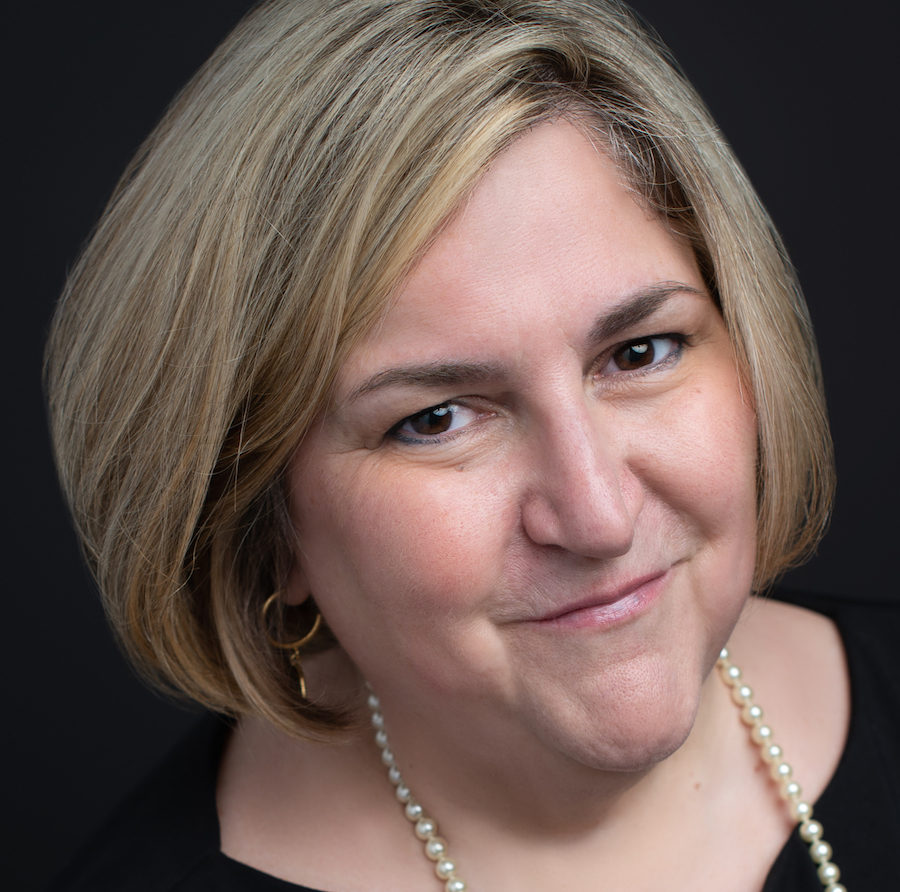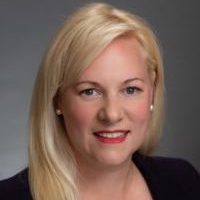5 minutes
The groundwork for success includes commitment from the start.
The debate over the best governance practices for board succession rages on. It is a routine topic in every single engagement and interview we conduct. The issues of diversity and term limits are especially prominent lately, and the daunting task of building the board of the future feels, as with many other responsibilities, like a full-time job for the credit union’s volunteers, all of whom have limitations on their time.
The State of Credit Union Governance 2020 found that almost half of board members surveyed (45%) thought that their board was only adequate or less than adequate at attracting people who have the right skills. So, what does it take to marry talent with your board and governance culture?
Mina Worthington, CEO of $796 million Solarity Credit Union in Yakima, Washington, describes how her credit union answered the question.
“Ultimately our success was in finding the right way to meaningfully involve associate board members in the work of our board,” she says. “They are board members in every way possible except for the vote.”
What does an associate board member program look like? And are some key ways that associate board members can be brought successfully into your fold?
At Solarity CU, associate board members are partnered with a “board buddy” to help orient them to the credit union and the culture of the board itself. Proper board orientation is oftentimes overlooked or treated as a “self-help” effort, lacking a strategy for continuing orientation past reading the governance manual, bylaws and policies and meeting with the CEO and senior management.
An associate board member at Solarity CU explains: “Right after I joined, my board buddy reached out and called me. We sit next to each other in the board meetings. She’ll whisper historical things to me and follow up with me after the meetings to be sure that I understood everything. I’ve only been on the board for about two months, but I already feel respected, and I definitely feel like my voice is heard.”
Another hallmark of Solarity CU’s success with its associate board member program has been the institution of regular monthly meetings between the CEO and associate board members before the board meetings to review the meeting materials and answer any questions.
Worthington says, “Investing the time in building those relationships with associate board members was just as important as making sure that they knew what was going in the meeting materials each month—the message being, ‘We want to learn about you as much as you want to learn about us.’”
Another hallmark of a successful associate board member program is access to training and conferences that give associate members a broader look at the issues, innovations and ever-evolving best practices in credit union governance. Think of this as an investment by both parties in the future of the credit union. A multitude of resources are available—from online trainings and workshops to conferences and certification programs. Some are even free!
So, the underlying philosophy of a successful associate board member program must be, “We’re 100% committed to you,” instead of thinking of associate members as engaging in a protracted interview process that can sometimes go on for years.
From our experience in working with thousands of credit unions, an associate board member program that engages, orientates, educates and invests in its volunteers in meaningful ways is the best way to ensure the future of your credit union.
In the coming year, if you haven’t explored an associate board member program to support a healthy balance of board renewal at your credit union, maybe 2021 is the year to do so. Just be sure, as with everyone in your boardroom, that you are open and committed to helping those volunteers develop into exceptional stewards of your vision and mission, too.
Access Quantum Governance’s associate board member job description here.
Jennie Boden serves as president of consulting services and Gisèle Manole is the director of Communications and a consultant with CUES Supplier member and strategic provider Quantum Governance, Herndon, Virginia. Boden has 30 years of experience in the national nonprofit sector and served as the chief staff officer for two nonprofits before coming to Quantum Governance. Quantum Governance provides credit unions, corporations, nonprofits, associations and governmental entities with strategic, cost-effective governance, ethics and management consulting, facilitation, and evaluation. With more than 50% of Quantum Governance’s clients representing credit unions, the organization fields more engagements in the credit union community than in any other. The firm is a unique L3C organization that integrates the best elements of both the for- and non-profit communities into one practice. It is a low-profit, limited-liability service organization dedicated to the public good and one of the very first such legal hybrid organizations in the United States.







